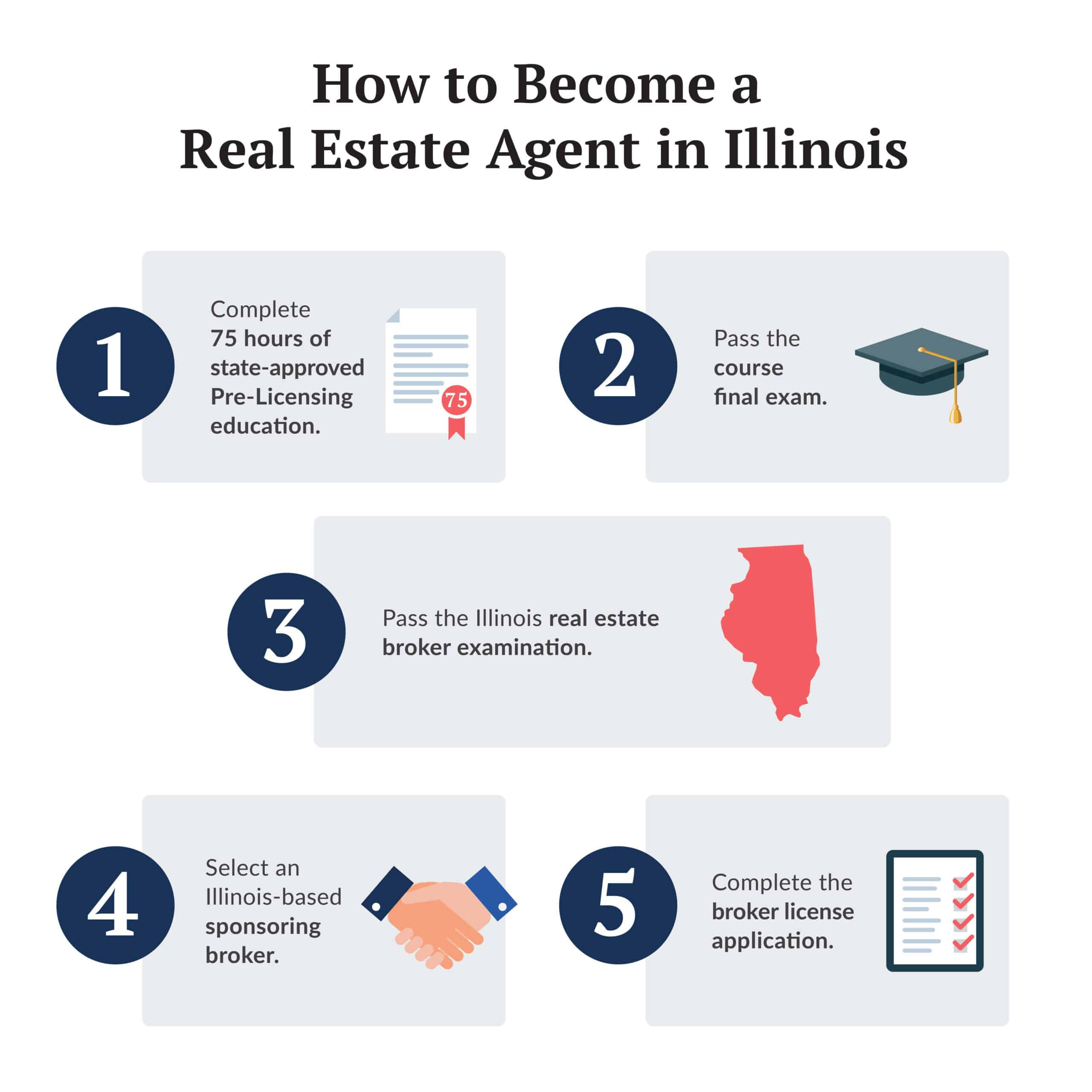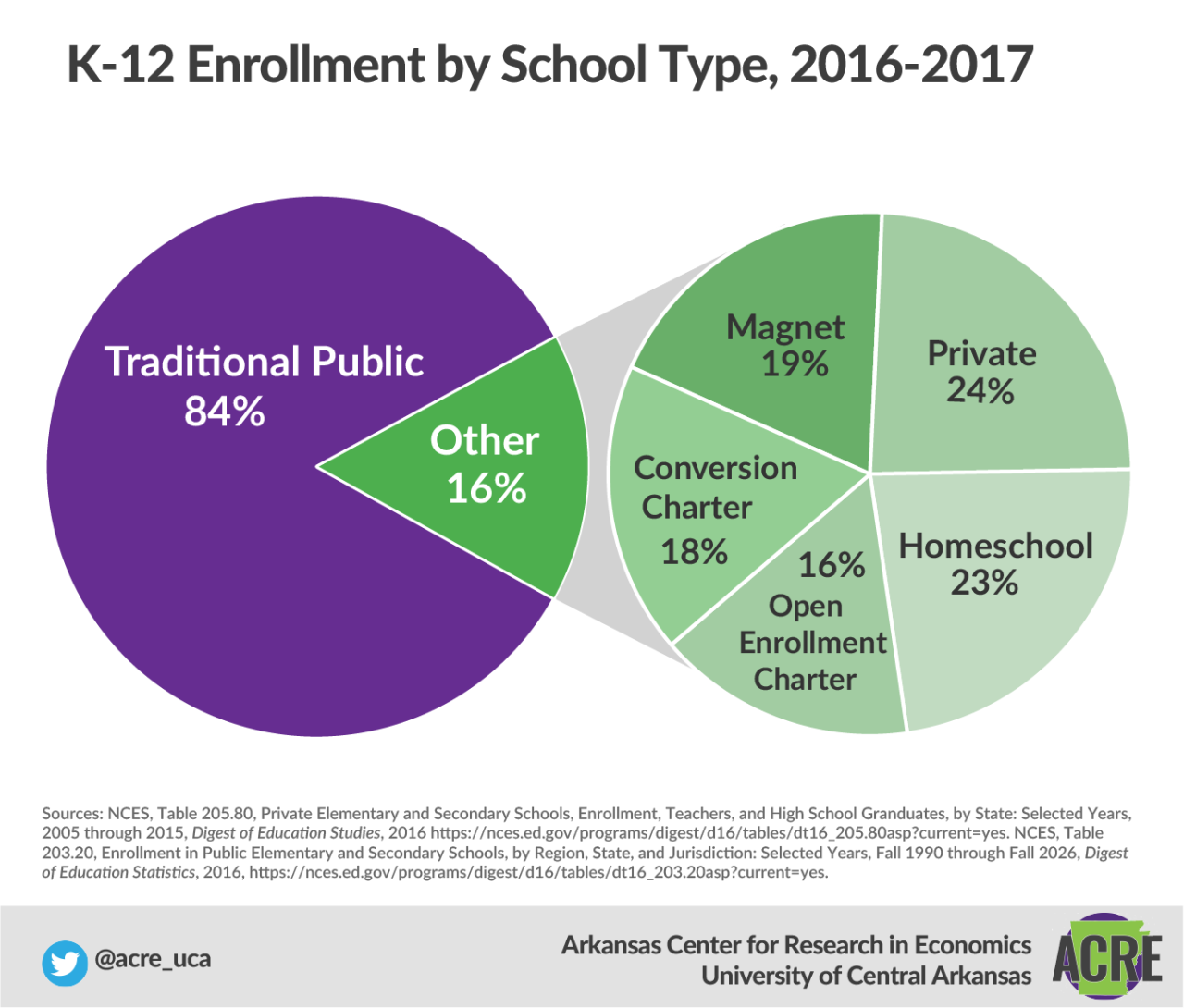What education is required to be a real estate agent? It’s a question many aspiring real estate professionals ask. Becoming a real estate agent is a rewarding career path, but it requires a specific set of skills, knowledge, and credentials.
Navigating the world of real estate involves more than just showing houses – it requires a deep understanding of legal requirements, market trends, and effective communication. Let’s explore the educational path to becoming a successful real estate agent.
The journey to becoming a licensed real estate agent begins with obtaining the necessary education. This typically involves completing a pre-licensing course, passing a state-administered exam, and meeting any additional requirements set by your state. Once licensed, real estate agents must continue their education to stay up-to-date on industry changes and best practices.
This ongoing learning is crucial for success in a constantly evolving market.
Licensing Requirements
To become a real estate agent in the United States, you need to obtain a license from the state where you plan to practice. The licensing process involves several steps, including education, examination, and application.
General Licensing Requirements

Generally, the following steps are involved in obtaining a real estate license in the United States:
- Meet the Age and Residency Requirements:Most states require applicants to be at least 18 years old and a resident of the state.
- Complete Pre-Licensing Education:You need to complete a pre-licensing course approved by your state. These courses typically cover topics like real estate law, contracts, financing, and ethics.
- Pass the Real Estate Licensing Exam:After completing the pre-licensing education, you must pass a state-administered exam. The exam tests your knowledge of real estate principles and practices.
- Submit an Application:Once you pass the exam, you need to submit an application to the state real estate commission, along with any required fees and documentation.
- Background Check and Fingerprinting:Many states require background checks and fingerprinting as part of the licensing process.
- Complete Continuing Education:Once you obtain your license, you will need to complete continuing education courses to maintain your license.
State-Specific Requirements
Licensing requirements can vary significantly from state to state. For example, some states may require a certain number of hours of pre-licensing education, while others may have specific requirements for experience in the real estate industry. It’s crucial to research the specific requirements for the state where you plan to practice.
Licensing Requirements for Different Types of Real Estate Professionals
The licensing requirements for different types of real estate professionals can vary. For example, real estate brokers typically need to meet more stringent requirements, including experience as a licensed real estate agent and passing a broker’s exam. Property managers may have specific licensing requirements related to property management practices.
Educational Programs
Aspiring real estate agents have several educational options to prepare for a career in real estate. These programs provide the necessary knowledge and skills to pass the licensing exam and succeed in the industry.
Types of Educational Programs
Here are some common types of educational programs for aspiring real estate agents:
- Pre-Licensing Courses:These courses are designed to prepare students for the real estate licensing exam. They cover essential topics such as real estate law, contracts, financing, and ethics.
- Online Real Estate Courses:These courses offer flexibility and convenience for students who prefer to learn at their own pace. They often include video lectures, interactive exercises, and online quizzes.
- In-Person Real Estate Courses:Traditional classroom-based courses provide a more structured learning environment and allow for direct interaction with instructors and classmates.
- Real Estate Boot Camps:These intensive programs offer accelerated training and often include practical experience, such as mock closings and property tours.
Benefits and Drawbacks of Online vs. In-Person Courses
The choice between online and in-person courses depends on individual preferences and learning styles. Here’s a comparison of their benefits and drawbacks:
| Feature | Online Courses | In-Person Courses |
|---|---|---|
| Flexibility | High | Low |
| Convenience | High | Low |
| Cost | Generally lower | Generally higher |
| Interaction | Limited | High |
| Structure | Less structured | More structured |
Key Topics Covered in Real Estate Pre-Licensing Courses
Real estate pre-licensing courses typically cover the following essential topics:
- Real Estate Law:This includes laws related to property ownership, contracts, and agency relationships.
- Real Estate Finance:This covers mortgage financing, loan types, and closing procedures.
- Real Estate Contracts:This includes understanding different types of real estate contracts, their terms, and legal implications.
- Real Estate Valuation:This covers different methods for determining property value, such as market analysis and appraisal techniques.
- Real Estate Ethics:This covers ethical principles and best practices for real estate professionals.
- Real Estate Practice:This covers practical aspects of real estate transactions, such as listing properties, showing properties, and negotiating offers.
Importance of Continuing Education
Continuing education is crucial for licensed real estate agents to stay current with industry changes, regulations, and best practices. Most states require real estate agents to complete a certain number of continuing education hours each year to maintain their licenses.
Essential Skills and Knowledge

Success as a real estate agent requires a combination of essential skills and knowledge. These factors enable agents to effectively serve their clients, navigate the real estate market, and build a successful career.
Core Skills and Knowledge, What education is required to be a real estate agent
Here are some of the core skills and knowledge that are crucial for success as a real estate agent:
- Communication Skills:Effective communication is essential for building rapport with clients, understanding their needs, and presenting information clearly.
- Negotiation Skills:Real estate agents must be skilled negotiators to achieve the best possible outcome for their clients in transactions.
- Marketing Skills:Strong marketing skills are essential for attracting clients, promoting properties, and building a brand.
- Real Estate Law:A thorough understanding of real estate law is crucial for ensuring compliance with regulations and protecting clients’ interests.
- Real Estate Finance:Knowledge of real estate financing, mortgage types, and loan processes is essential for guiding clients through the financial aspects of transactions.
- Market Trends:Staying informed about current market trends, including pricing, inventory, and buyer demand, is essential for providing accurate advice to clients.
Importance of Communication, Negotiation, and Marketing Skills
Strong communication skills are essential for building trust and rapport with clients, understanding their needs, and effectively conveying information about properties and market conditions. Negotiation skills are crucial for achieving the best possible outcome for clients in transactions, whether it’s securing a favorable price or negotiating terms that meet their needs.
Effective marketing skills are essential for attracting clients, promoting properties, and building a strong brand in the competitive real estate market.
Understanding Real Estate Law, Financing, and Market Trends
A comprehensive understanding of real estate law is essential for ensuring compliance with regulations, protecting clients’ interests, and avoiding legal complications. Knowledge of real estate financing, mortgage types, and loan processes is crucial for guiding clients through the financial aspects of transactions, helping them understand their options, and ensuring they make informed decisions.
Staying informed about current market trends, including pricing, inventory, and buyer demand, is essential for providing accurate advice to clients, setting realistic expectations, and making sound investment decisions.
Essential Skills and Knowledge for Real Estate Agents
| Skill/Knowledge | Example of Application |
|---|---|
| Communication Skills | Actively listening to clients’ needs and goals, explaining complex real estate concepts in a clear and concise manner, providing regular updates on property showings and offers. |
| Negotiation Skills | Negotiating the best possible price and terms for clients, resolving disputes between buyers and sellers, advocating for clients’ interests in a professional and assertive manner. |
| Marketing Skills | Creating compelling property listings, using social media and online platforms to reach potential clients, building relationships with other professionals in the industry. |
| Real Estate Law | Understanding property ownership rights, contracts, and agency relationships, ensuring compliance with state and local regulations, protecting clients from legal risks. |
| Real Estate Finance | Explaining different mortgage options and loan terms, helping clients understand their financing capabilities, guiding clients through the closing process. |
| Market Trends | Providing accurate market analysis to clients, setting realistic expectations for property values and selling times, advising clients on the best time to buy or sell. |
Career Paths and Advancement: What Education Is Required To Be A Real Estate Agent
A career in real estate offers various paths for growth and advancement. From entry-level roles to leadership positions, real estate professionals can build fulfilling careers by developing their skills and expertise.
Career Paths in Real Estate
Here are some common career paths available to real estate agents:
- Real Estate Agent:This is the entry-level role in the real estate industry. Agents represent buyers and sellers in real estate transactions, helping them find properties, negotiate offers, and complete the closing process.
- Real Estate Broker:Brokers are licensed real estate professionals who can operate their own real estate businesses or manage a team of agents. They often have extensive experience in the industry and provide guidance and support to their agents.
- Property Manager:Property managers are responsible for overseeing the day-to-day operations of residential or commercial properties. They handle tasks such as tenant screening, rent collection, maintenance, and property repairs.
- Real Estate Appraiser:Appraisers determine the fair market value of properties for various purposes, such as financing, insurance, and legal proceedings.
- Real Estate Investor:Real estate investors purchase and manage properties for profit. They may focus on residential, commercial, or industrial properties.
Comparing Roles: Agents, Brokers, and Property Managers
Real estate agents work directly with clients to represent them in real estate transactions. Brokers supervise agents, manage real estate businesses, and often provide training and support to their teams. Property managers handle the day-to-day operations of properties, focusing on tenant relations, maintenance, and financial management.
Advancement in a Real Estate Career
There are several ways to advance in a real estate career:
- Obtaining Specialized Certifications:Pursuing certifications in areas like real estate investment, property management, or appraisal can enhance your skills and credentials.
- Building a Successful Team:Building a team of agents can increase your earning potential and expand your reach in the market.
- Developing a Strong Reputation:Building a strong reputation for professionalism, expertise, and client satisfaction can lead to referrals and repeat business.
Examples of Successful Real Estate Professionals
Many successful real estate professionals have built thriving careers by specializing in specific areas, developing strong relationships with clients, and staying current with industry trends. For example, some agents may focus on luxury properties, while others may specialize in specific geographic areas or property types.
Additional Considerations
In addition to the educational and licensing requirements, several other factors contribute to success in the real estate industry. Building strong relationships, utilizing technology, and understanding the challenges and rewards of the profession are crucial for long-term success.
Importance of Networking and Building Relationships
Networking is essential for building a strong network of contacts, including other real estate agents, brokers, lenders, attorneys, and industry professionals. Building relationships with these individuals can lead to referrals, partnerships, and valuable insights into the market.
Marketing Yourself and Building a Client Base
Effective marketing is crucial for attracting clients and building a strong brand in the real estate industry. This may involve creating a professional website, using social media platforms, networking at industry events, and leveraging online advertising.
Role of Technology in Modern Real Estate Practice
Technology plays a significant role in modern real estate practice. Real estate agents utilize online platforms to list properties, connect with clients, manage transactions, and stay informed about market trends. Virtual tours, online marketing tools, and data analytics are increasingly used to enhance the real estate experience.
Hypothetical Scenario: Challenges and Rewards
Imagine a new real estate agent starting their career. They are excited to help clients achieve their real estate goals but also face challenges such as building a client base, managing their time effectively, and staying current with market changes.
However, they find satisfaction in helping clients find their dream homes, negotiating favorable deals, and building long-lasting relationships. The rewards of a successful real estate career include financial independence, the satisfaction of helping others, and the flexibility to manage their own schedule.
Last Point
Becoming a real estate agent is a journey that demands dedication and ongoing learning. From acquiring the necessary education to mastering essential skills, it’s a path that requires a commitment to professional development. The rewards of a successful real estate career are significant, offering the opportunity to build a fulfilling career while helping clients achieve their real estate goals.
Whether you’re drawn to the dynamic nature of the industry, the flexibility it offers, or the satisfaction of helping others, becoming a real estate agent can be a rewarding and challenging endeavor.














